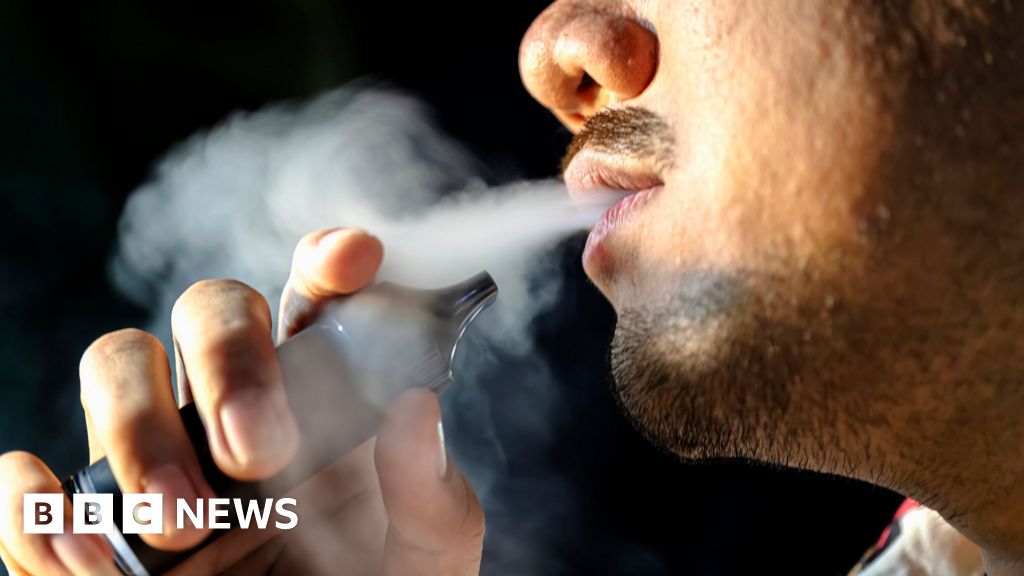In the lead-up to Singapore’s general election, the atmosphere is palpable with tension and anticipation as the fate of the People's Action Party (P.A.P.), which has wielded power since 1959, hangs in the balance. As global uncertainty looms, especially following recent geopolitical tensions, the P.A.P. has sought to portray itself as the anchor of stability in tumultuous times, much like five years ago during the coronavirus pandemic.
However, discontent brews among voters, particularly concerning the rising cost of living and economic policies that seem out of touch with the challenges faced by ordinary citizens. In rallies leading up to the elections, the main opposition party, the Workers' Party, has seen unprecedented support, drawing large crowds and selling out campaign merchandise. Their leader, Pritam Singh, emphasized the necessity for a robust opposition in Parliament, advocating for diversification in voices within Singapore’s political framework. "An opposition in Parliament ensures that the government's alternative voices are heard," Singh asserted at a rally, urging citizens to engage more actively in their democracy.
This election marks a critical crossroads for the P.A.P. under new Prime Minister Lawrence Wong, who succeeded Lee Hsien Loong last year. Wong faces the challenge of proving his party's continued capability to navigate both the U.S.-China trade tensions and domestic economic hurdles. He cites the P.A.P.’s historical record of stability and prosperity, echoing a strategy that has served them for decades.
As Singaporeans prepare to cast their votes, the results could represent not only a referendum on the current government but also a significant moment for democracy and representation in Singapore's political evolution. The potential for a more competitive electoral environment is palpable, marking a departure from decades of unchallenged dominance, signaling perhaps a maturing political landscape that could reshape the future of governance in the city-state.



















